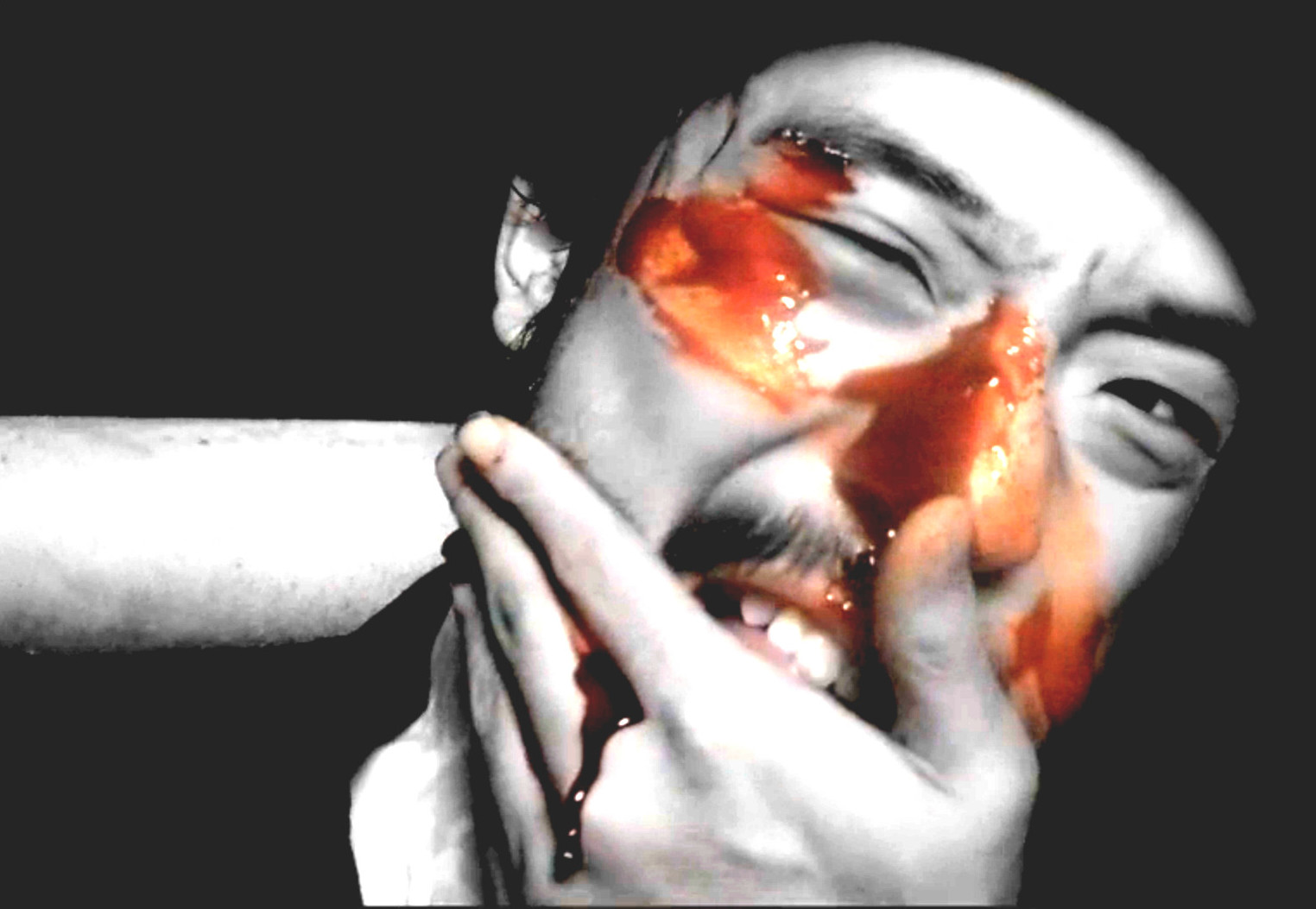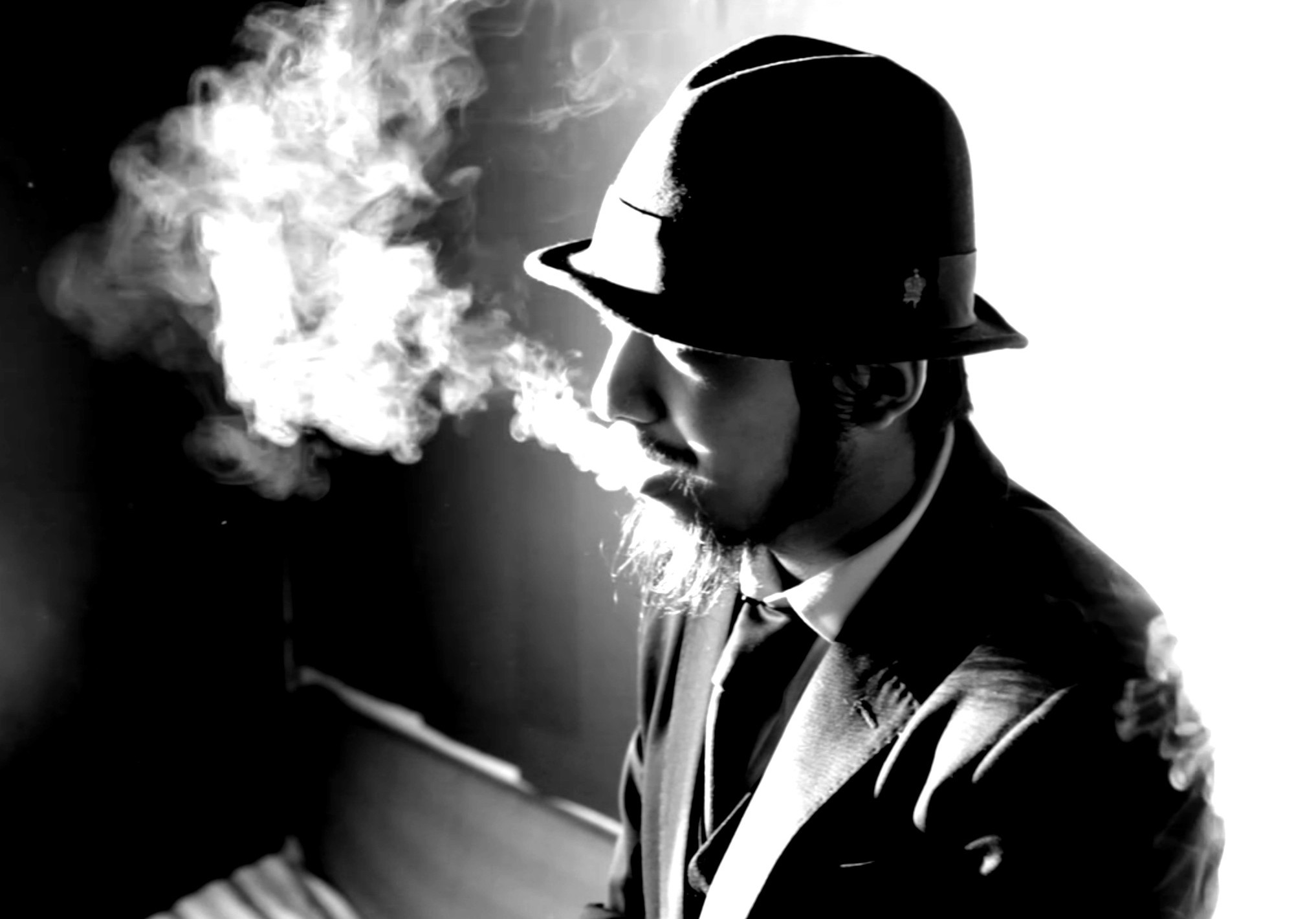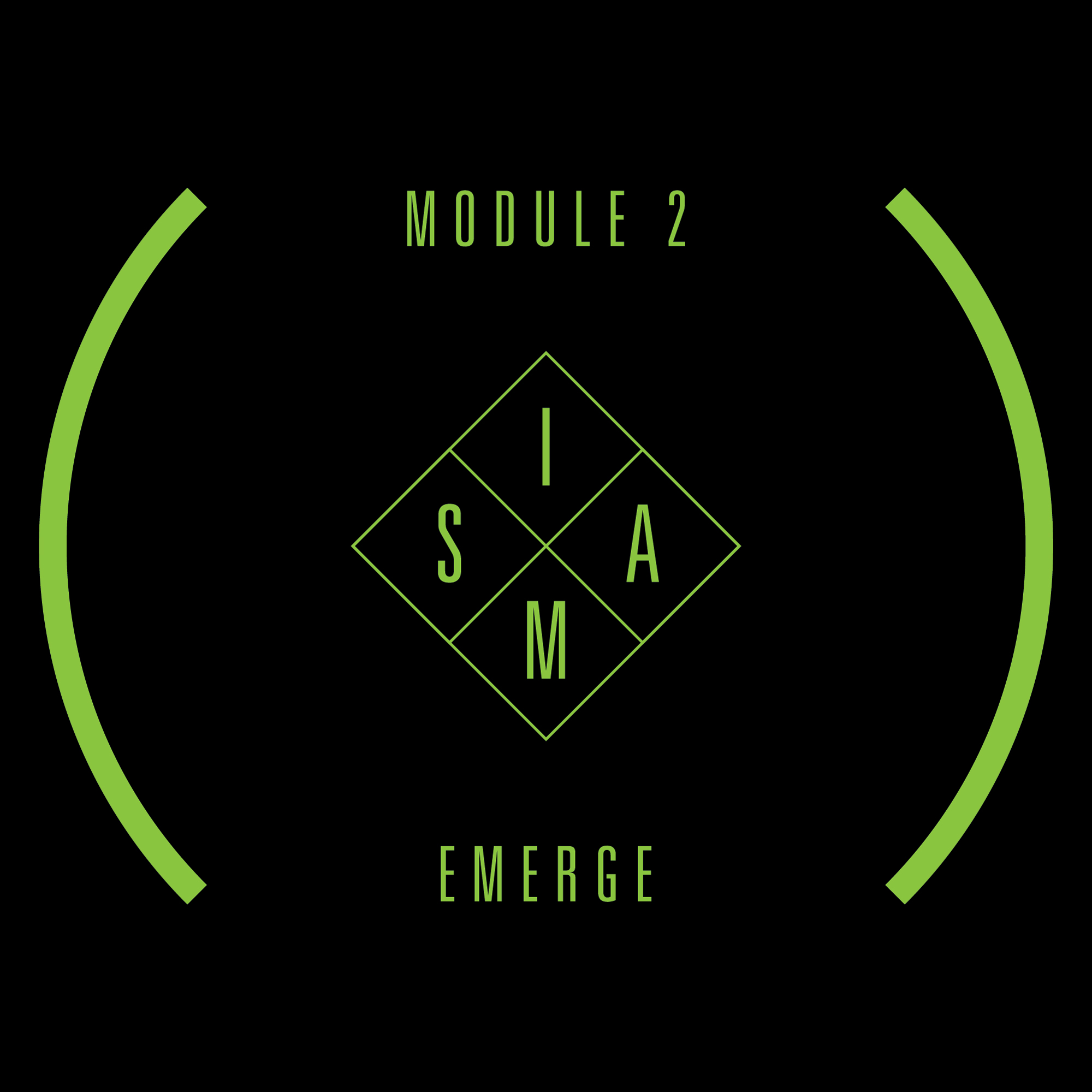Review: Li Tieqiao, Xiu Di, Stephen Roach and Jun Yuan @ D-22, 7 December 2010
By Jordan, 2010年 12月 16日
My nightmare, a performance where the number of saxophones nearly outnumbers the audience members. There were only four performers, but had I known the lineup (together dubbed “杀可士疯 / Insane Saxophone“), I most likely would have stayed home along with the rest of the Zoomin absentees.
I arrived midway through Li Tieqiao’s set. I’d seen the name many places, but never the body. He had the posture of an acknowledged musician. Of the four performers, Li felt the most predictable, but also the most stable. He played experimental jazz as I imagined it would be played, only slightly more technical. He fluctuated between free jazz improv and the hollow shreeking of recognized noise. I suppose what excited me most from the set was his death stroke, his audio-visual cryptonite: Every so often Li raised his left leg in a sort of martial arts pose and rubbed the bell of the sax against his inner thigh, muting and distorting. It looked as though he was about to floor punch the audience into jazzblivion with his brassy mitts. Sound or no sound, I’m a patron.
Number 2 and the most troubling: Stephen Roach of Missisippi. Stephen surprised. The set was unjazzy in the most positive way. It wasn’t necessarily the sound itself that was the most original, though there was a depth of tone that elevated his performance. I was entranced by his arpeggiating, the rhythmic quality that took precedence over shock-factor musicality. It was also the first time where I felt the tapping of keys against brass was not extraneous, but central to the sound. I felt guilty and dirty for liking number 2 the most.
Thirdly, Xiu Di. The young squire of Zoom academy. I don’t like when people qualify his music by his age (16 or so). It’s unhelpful to him, and in my eyes, a bit disrespectful. He’s unquestionably talented and has an ear for music that fits in with this class of musicians. I’ve only seen him perform a few times, but I’ve found that he gets a little boxy. He seems to be addicted to the shrillness of high pitch wailing, which doesn’t bother me on principle, but I would appreciate some bread with my butter. There were moments though, very good moments.
The last man, Jun Yuan from Shanghai. He ascended the stage with pomp. I won’t say much about his set, because I found it very uninteresting. It was pensive and cagy, but my opinion of him changed later in the evening.
After all of the solo recitals, there was a pause and then a regrouping for two on two jazz-offs, with a pending foursome mixabout to conclude the evening. The pairs were Litieqiao and Xiu Di, and Stephen Roach with Jun Yuan. I found this interval generally boring. The colors were almost universally dulled and the musicians met at mediums. The foursome excited me though. It would seem that adding more to the stew would promote the blanching effect, that toes would be mashed, but that was not the case. First there was scribbling and chaos, lots of sound, sort of like beginning to look at a third eye painting. Then accents became clear and voices emerged in the concerto. Jun Yuan spun me around during the fourth course. He was subtle and clever, coyly tweaking, as if he was drawing moustaches on portraits.
It was all a bit overwhelming, and the conclusion of affairs was not unwelcome, but the Zoom was joyous. I don’t want it to seem as though I’m rebelling against technology, but it was refreshing to see a night of “experimental” music where not one pedal was employed. The possibility that noise can be created, and that perhaps the way the sound is engaged is more important than the sound itself.
I talked with several of the musicians afterward. Prevailing theme: there are many experimental sax players and not many venues for this in-between medium. They don’t fit in at the jazz clubs, and there’s also a strangeness when they come by on Tuesdays. It seems to me that they’ve been shacking up with the Yan Jun crowd and a generation of slightly older and noisier musicians. I’ve always wondered why that crew seemed segregated from the D-22 regulars, answers as yet unprovided. At least one of the sax men says that he wants to start bridging the gap between the noise makers of D-22, UCCA, Raying Temple, and the other outposts. I’m a big fan of Tuesdays at Two Two, but I’m also excited by the prospect of variety. All positive feelings. I don’t love saxophone now, but I won’t bully it any more.







I’m not super-familiar with it, but I have a feeling that Beijing’s jazz scene doesn’t really have much in the way of avant-garde/free jazz kinda stuff. I think those guys stick more to the by-the-books jazz standards and things of that nature.
And yeah, free jazz and its ilk are certainly closely related to experimental music/noise, but I guess there’s something of an unspoken “line in the sand” that sort of separates the two. But then, I guess any given experimental scene is supposed to be more about what’s “allowed” (everything!) than what is not “allowed”, no?
I don’t love saxophones either, but I think it’s cool that there are some people doing stuff like this in Beijing.